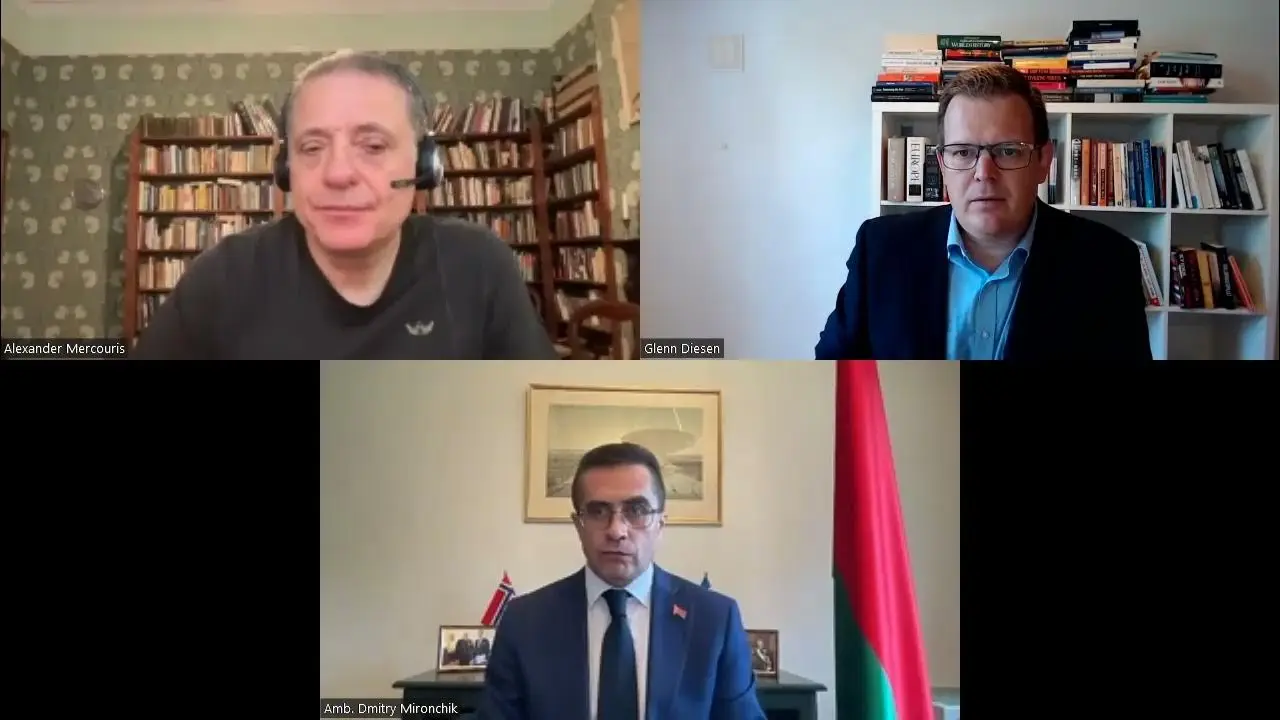The most interesting part of the interview for me was the later portion where Mironchik explains how Belarus managed to retain sovereignty by keeping the USSR state industry it inherited unlike all of the other former Soviet republics.
Very interesting interview indeed. It reminds me of the book The Last Soviet Republic: Alexander Lukashenko’s Belarus. So many points are brought in the discussion, specially the history, economics and security issues. Belarus managing to keep many part of the soviet system is for sure an achievement, as it prevented its destruction, like what happened in the other post soviet republics. Certainly, that’s why I’ve seen Belarus still getting called a socialist system, in spite of its particular set of contradictions. Its market socialism having been presented as an alternative to China’s SWCC doesn’t mean a competition in socialisms, but rather a different model which we should be studying, not just for its failures and pitfalls but also its victories. And this synergy between both forms of socialism is again brought to the table by Mironchik in regards to its industrial capacity ib relation to both Russia and, specially, China. I also remember at one point of the book the author talks about how Lukashenko has been weary from the beginning about military escalation with Poland (being a NATO member and such) and it seems he sees conflict with Poland as a real possibility, if not inevitable. Looks to me like the comment was not just speculation at the time of the book, and now Mironchik confirms that Belarus has indeed been preparing for a potential conflict, specially given the history of the reactionary governments of Poland placing a target on Belarus and Ukraine. Having nukes is a sure way to avoid getting invaded and cut in half again.
deleted by creator
An interesting interview with a very underrepresented viewpoint. Most of the time we hear about Belarus it’s from an outside perspective, whether the hostile Western or the sympathetic Russian one. It’s refreshing to get Belarus’s own perspective which is similar but certainly not identical to Russia’s. In many ways Belarus seems to have been much more consistently principled since the fall of the USSR whereas Russia has gone through various phases and had to learn some painful lessons along the way.
Agreed, it’s interesting to hear what their own position is and I also get the impression that they managed to keep a form of a socialist system alive. Hopefully, now people will have renewed faith in the system because they will see it pay off with Belarus being self reliant and independent. A really interesting tidbit there was when he said how when they traded with the west they did a bigger volume of trade but made less money which show the west has been ripping them off. Now that they’re trading with other countries their trade revenue is going up which will translate into improving domestic conditions. I’m sure tighter ties with China will help a lot too. The whole Chinese tech city in Belarus is great news for them for example. The big lesson they learned is that instead of trying to play both sides, they’re better off choosing the east and committing to that.
It actually shocked me that something which we are used to discussing in the abstract such as the Marxist concept of unequal exchange can be demonstrated in such a simple fashion; i hadn’t even thought of it in that way before he mentioned in the interview that they noticed the West has basically been ripping them off by just comparing how much they got for the same products from the rest of the world to how much the West was giving them. This is the kind of straightforward example that can help people understand unequal exchange without having to get deeply immersed in a lot of fairly dry theory.
For sure, it’s a really great real world demonstration of the concept.




